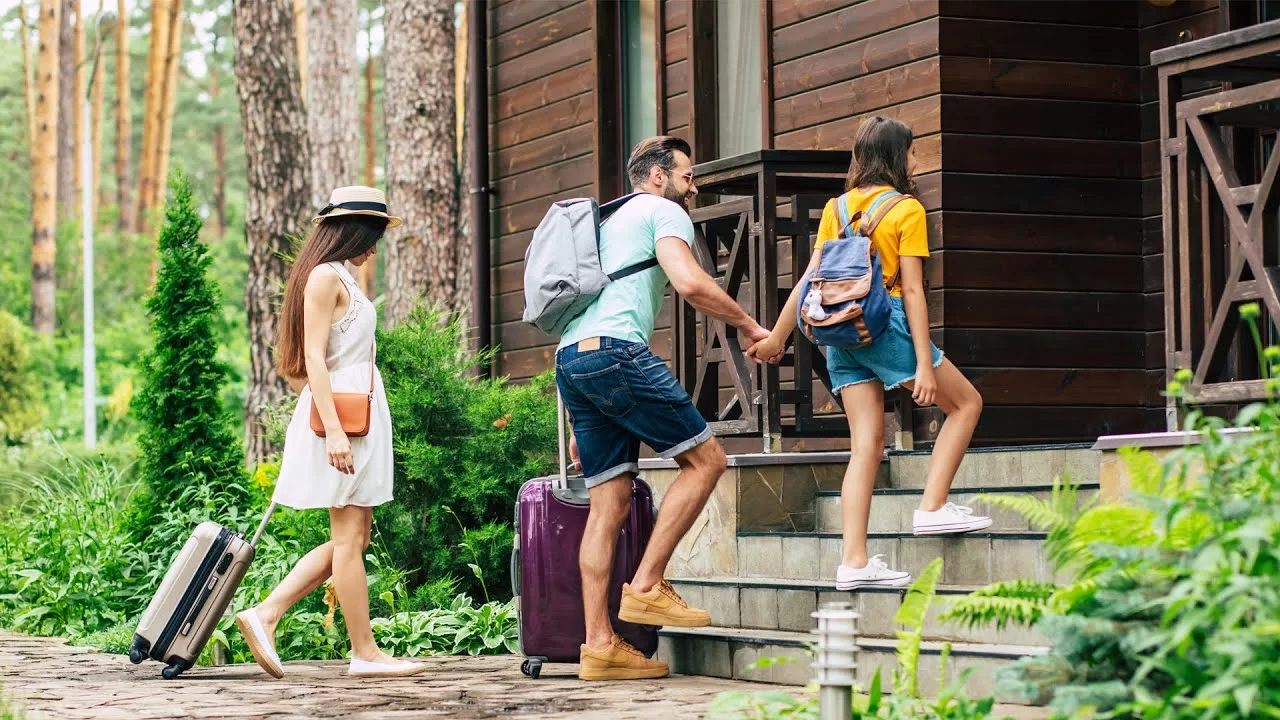The rise of short-term rentals from Airbnb and VRBO has transformed the tourism industry. Marriner President Rob Levine and Gray Research Solutions CEO Shannon explore both the opportunities and obstacles that short-term rentals present, particularly for smaller destinations that now have increased options but also face issues like tax collection and unexpected impacts on residents.
Transcript:
ROB: Now, one of the things that I do think a little bit about from a DMO perspective, and I’m very curious as to your thoughts on this, is obviously their role has evolved really broadly, but I’m going to hyper focus in on just like a micro issue, which is the rise of short-term rentals, right? So how has that impacted the role of the DMO? How have DMOs responded to that and used it as a benefit?
SHANNON: When DMOs were founded back in the 50s and 60s, we talked about this was based on occupancy tax or hotel tax or bed tax, depending on where you are. And so there was a law that was written that said, every night that gets spent in a hotel and a paid accommodation in this place, we’re gonna charge a 5%, whatever it is, 4% tax on that. But a lot of the laws were written specifically for hotels because that was really the only game in town at the time. And then when Airbnb and VRBO started exploding, and to be clear, those kind of exploded because it gave people a whole nother level of accommodation choice. No longer do you only have to rent a room. Now you can rent a whole house and then you have your own space, common areas, backyard. I mean, the only time before that people could really do that was renting a mountain cottage or cabin or like a beach cottage or cabin. And now that possibility opened up to anybody, any place. But the laws weren’t written for that. So in a lot of places, you have all these Airbnb’s and VRBOs exploding, but nobody, no tax is being paid. So then you have the hotels getting upset that they’re having to pay the tax. And Airbnb’s aren’t, they have all this revenue left on the table.
You’ve got people complaining about noise and garbage and all of these pressures that are put on the city’s systems that aren’t being compensated for because the tax isn’t getting paid. And so in the past three or four years, there’s been just a huge effort to try and understand how do we cope with this as a destination. The laws aren’t written correctly so we need to rewrite the laws or, and, and the reason that this has really helped shift DMO to DLO in terms of leadership perspective is because the DMO is very often the ones who bring it to the municipality, to the government and say, hey, look guys, we’re leaving all this money on the table. We need to be collecting this money. And therefore we need to do what we need to do. We need to change the laws. We need to locate the hosts because one of the hardest parts about managing short-term rentals is that while you might have the address of the actual rental, it’s difficult to know, believe it or not, who owns that property and how do I contact them to let them know we now have these new laws and you have to pay a business license fee and you need to pay the occupancy tax.
There’s a number of ways that destinations have kind of started to manage that. Lot of taxes have been, tax laws have been changed. Airbnb and VRBO have fought long and hard legal battles about this. And now, at least Airbnb is paying most state tax. There’s still a lot of local tax that is not being collected. But it’s huge. It’s huge for rural smaller destinations who now have inventory. They now have accommodations inventory where they didn’t before, because they could never attract a big hotel to come there. They’re too small. So it’s created a lot of problems, but it’s also created a lot of opportunities for smaller medium sized destinations.
ROB: Thanks for watching! Visit Marriner’s Blog for the next video in our Destination Tourism series.
